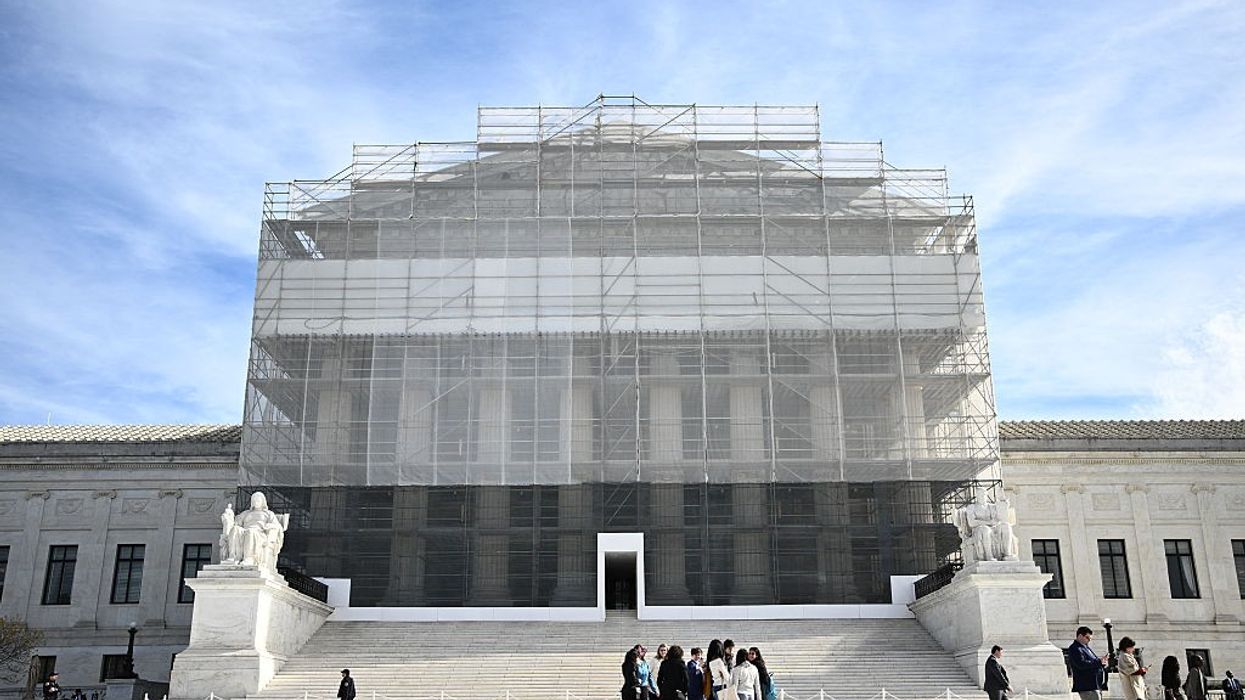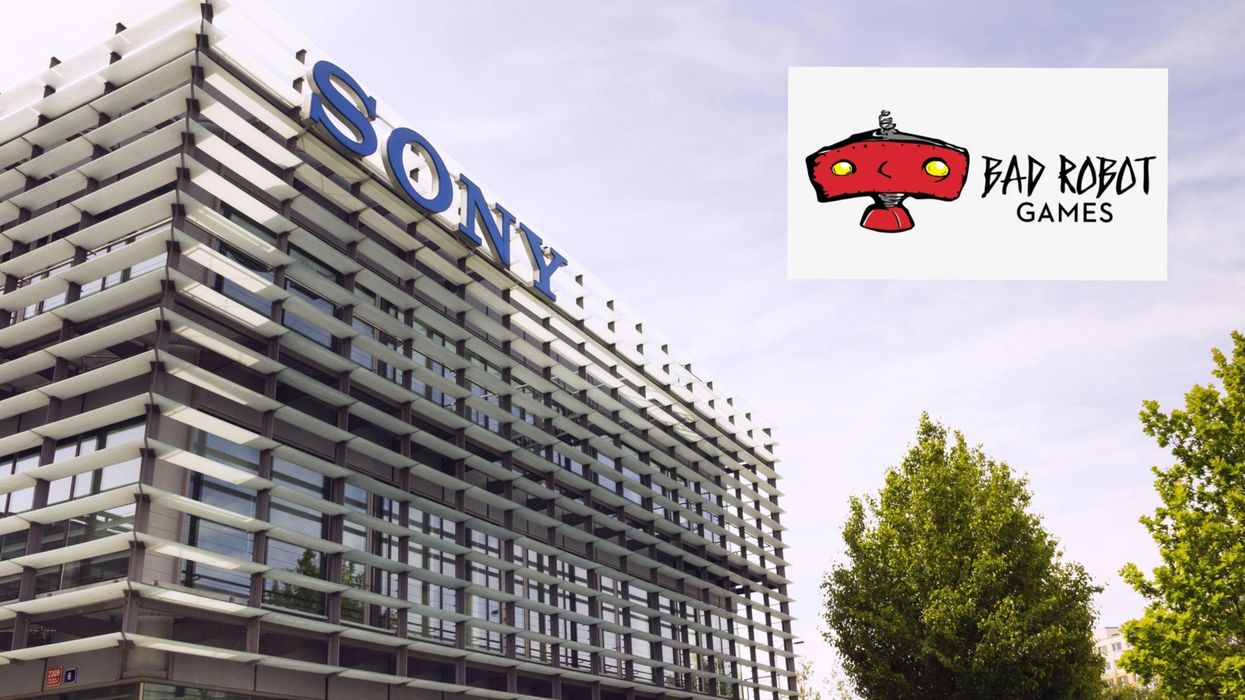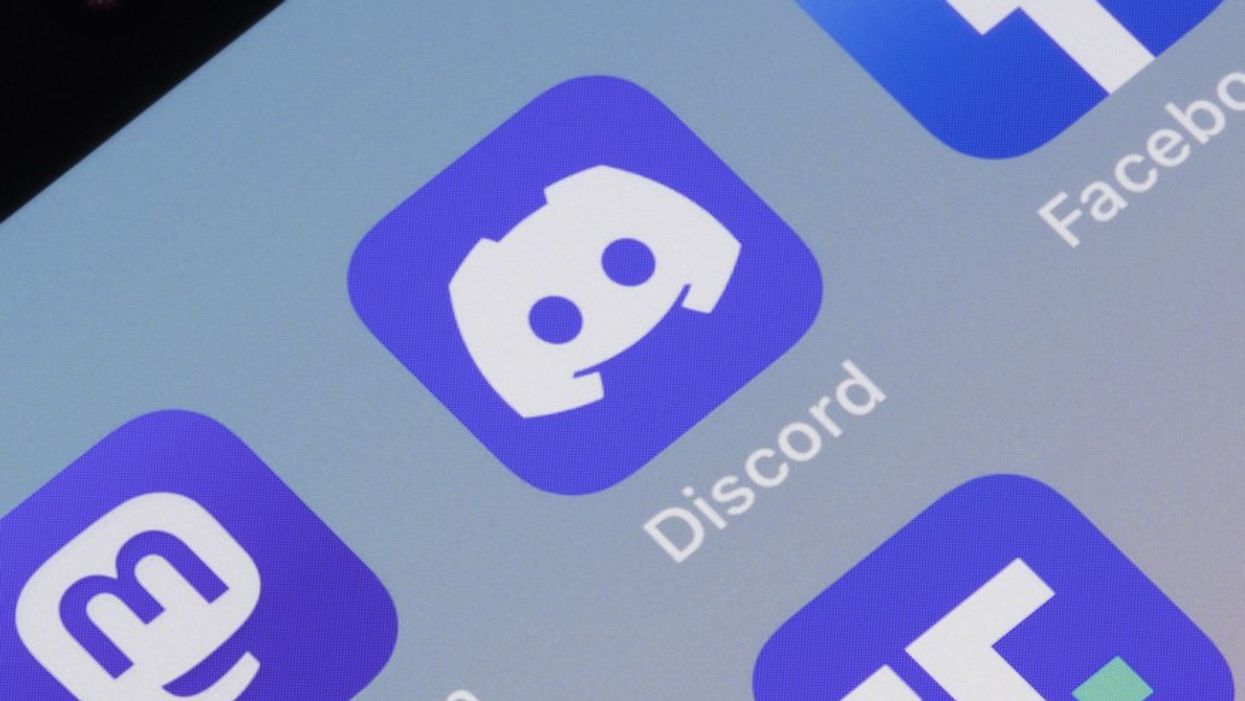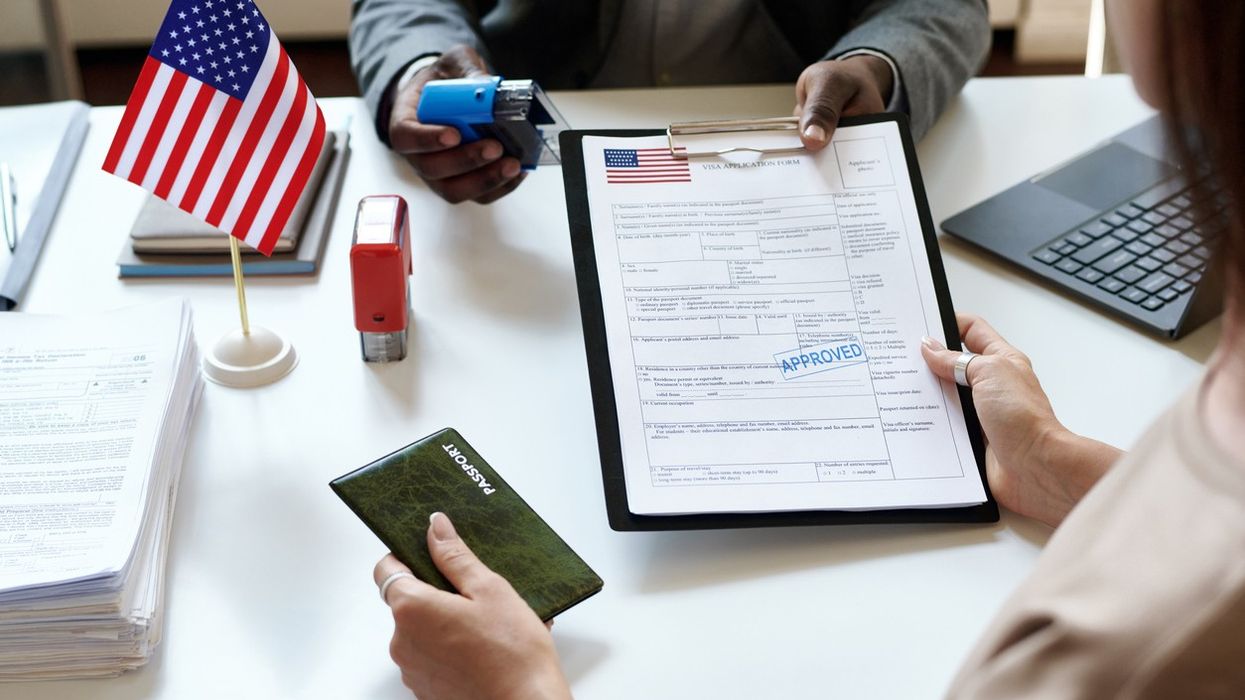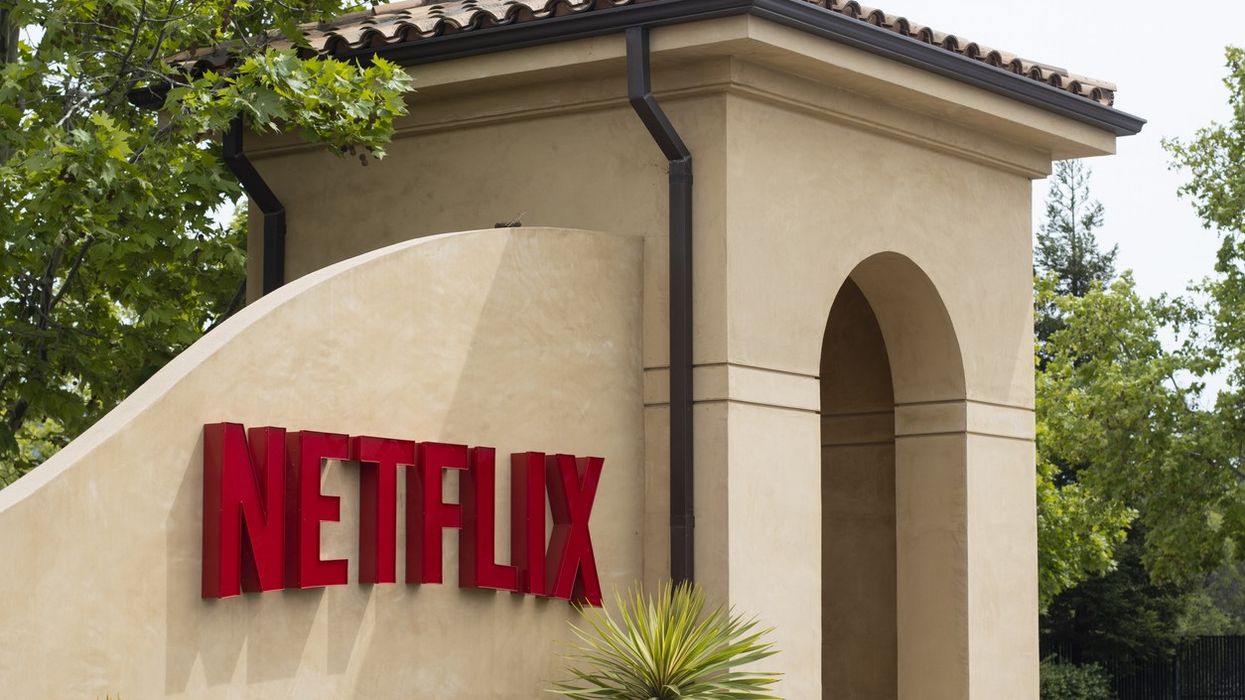A federal judge on Wednesday (25) in San Francisco ruled in favor of Meta Platforms in a closely watched copyright lawsuit brought by 13 book authors, including Sarah Silverman. The authors alleged that Meta illegally used their copyrighted works to train its artificial intelligence system, Llama, without permission or compensation.
Judge Vince Chhabria issued a summary judgment, meaning he decided the case without sending it to a jury, finding that Meta’s actions in this instance fell under the “fair use” doctrine of copyright law.
The Court’s Reasoning: Fair Use and Market Harm
Judge Chhabria found that Meta’s use of the books was “transformative,” meaning the AI models did not merely reproduce the authors’ works but used them in a new and different way.
He emphasized that the plaintiffs failed to provide sufficient evidence that Meta’s use of their books harmed the market for those works—a key factor in copyright law.
As Chhabria stated, “The plaintiffs presented no meaningful evidence on market dilution at all”. Meta, on its part, provided evidence that its copying had not resulted in market harm, and the judge noted, “The plaintiffs failed to present any empirical evidence to counter this… Their claims were merely speculative”.
Not a Blanket Approval for AI Training
Despite ruling for Meta, Judge Chhabria made it clear that his decision should not be interpreted as a sweeping endorsement of all AI training practices involving copyrighted works. “This ruling does not stand for the proposition that Meta’s use of copyrighted materials to train its language models is lawful,” he wrote.
“It stands only for the proposition that these plaintiffs made the wrong arguments and failed to develop a record in support of the right one”.
He further cautioned, “No matter how transformative (generative AI) training may be, it’s hard to imagine that it can be fair use to use copyrighted books to develop a tool to make billions or trillions of dollars while enabling the creation of a potentially endless stream of competing works that could significantly harm the market for those books”.
Limited Scope and Ongoing Legal Battles
The ruling comes just days after a similar decision in favor of Anthropic, another AI company, and together these cases are seen as significant, though limited, wins for the tech industry.
Judge Chhabria noted that fair use defenses depend heavily on the details of each case, and that different types of copyrighted works—such as news articles or films—may present different legal challenges. “It merely indicates that these plaintiffs presented flawed arguments and did not establish a sufficient case to support a valid claim,” Chhabria remarked.
Industry Response and Future Implications
A Meta spokesperson responded to the ruling, stating, “Open-source AI models are powering transformative innovations, productivity, and creativity for individuals and companies, and fair use of copyright material is a vital legal framework for building this transformative technology”.
However, the authors’ legal team expressed disagreement, arguing that the court’s decision overlooked the broader implications of using copyrighted material for AI training.
As lawsuits continue to unfold across the tech and media industries, Judge Chhabria’s decision underscores that the legality of AI training on copyrighted works will likely be determined on a case-by-case basis, with particular attention to market impact and the specific arguments presented in court.




